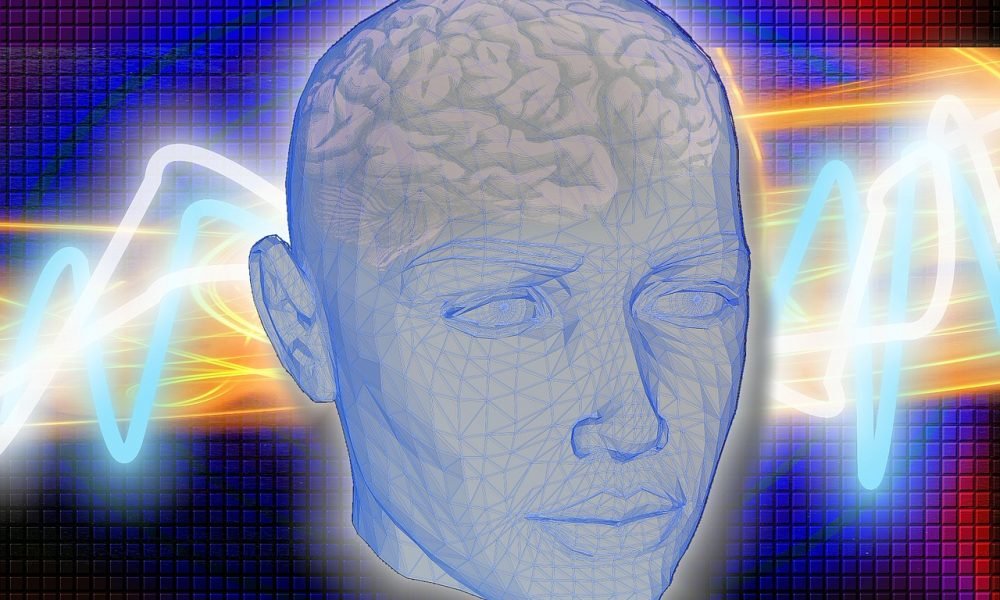
This Is What Happens In the Mind of an Addict

Many experts claim that addiction is a disease, but one may wonder how any addiction can be placed in the same category as cancer and Alzheimer’s, for example. Obviously, they have a much different mechanism of spreading and completely different effects on the body and the brain. Still, to a common mind, a disease is something that appears all of a sudden with no real reason, and addiction is something we intentionally cause. But is it so?
In the New England Journal of Medicine, research was published presenting a model of addiction divided into three key stages showing how the disease generally changes human neurobiology. In each of these stages, an individual’s behavior changes in reaction to stress and in his control over certain actions.
It is highly important to fully understand what’s going on in the brain of an addicted person so that we can treat him better. Yes, we, as friends, relatives, partners, neighbors…
Saying ‘it’s a disease of the brain’ does not help much since people don’t really understand what that means. The clear explanation of the processes will give people a clear understanding of how the disease works in someone’s body.
The researchers have given this three-stage framework of how addiction affects the addict’s brain biology.
 Binge and intoxication
Binge and intoxication

In the beginning, a person takes a drug, and it makes him feel euphoric. This euphoria is caused by the release of dopamine in the brain. It is the same pleasure you feel when you eat or when you are in love. Still, these are natural stimuli which trigger the production of the same amount of dopamine every time. On the other hand, when a person takes drugs, the more he consumes them, the more dopamine is released. This is something that forces a person always to take more and more. With time, the brain starts to obsessively seek out a new burst of dopamine over and over again. This is when the addiction is born.
Then the brain creates strong connections between euphoria and memories of using the drug. These brain connections cause the intense cravings even later on when a person stops using it.
 Withdrawal and negative affect
Withdrawal and negative affect
Drug intoxication can change the brain connectivity of an addict in such a way that he feels distressed and craves the drug when it’s not in his system. Since one of the most important functions of our brain is to learn how to get out of stressful situations, when someone is frequently exposed to a drug, he quickly learns that the distress disappears when he is consuming it.
This leads to the next stage of negative feelings of withdrawal.
 Preoccupation and anticipation
Preoccupation and anticipation
 Then the brain reaches the final stage of its changes throughout the process of addiction. The stage occurs in the prefrontal cortex of the brain. This part of the brain is responsible for our ‘executive processes’ such as decision-making and self-regulation, so it is obvious what happens when it changes.
Then the brain reaches the final stage of its changes throughout the process of addiction. The stage occurs in the prefrontal cortex of the brain. This part of the brain is responsible for our ‘executive processes’ such as decision-making and self-regulation, so it is obvious what happens when it changes.
This is the phase when all the decisions depend on the amount of drug available and consumed. It is the stage when an addict can even commit a crime in order to get this drug into the bloodstream.
 Conclusion
Conclusion
There is no specific threshold of exposure to a drug that would cause a person to become addicted since the addiction can vary greatly from person to person. Still, these three brain changes are almost the same with each addict. By defining the addict’s stage, doctors understand what’s actually going on in the brain and can treat it in a proper way. This is why addiction (actually any addiction) is seen as a disease. Therefore, all the people have to treat an addict as a sick person because he is sick, his brain is sick.
More in Mental Health
-
`
The Physical Signs of Hunger and How Mindful Eating Makes a Difference
Hunger is one of the most basic yet essential signals our body uses to communicate its need for energy. However, many...
December 15, 2024 -
`
Why Did Chris Pratt Call Anna Faris Before Proposing to Katherine?
Chris Pratt, the beloved star of “Guardians of the Galaxy,” made headlines when he revealed that he called his ex-wife, Anna...
December 3, 2024 -
`
6 Proven Tips to Tackle Insurance Claim Denials Successfully
Claim denials are a common hurdle for healthcare providers and professionals, even for those who follow the necessary procedures to avoid...
December 1, 2024 -
`
5 ‘Bad’ Fitness TikTok Trends You Shouldn’t Follow
TikTok has become a haven for creative fitness advice. But not all trends are worth your time or your health. From...
November 23, 2024 -
`
Does Drinking Water Affect Adrenal Hormones?
Drinking water is often seen as a simple way to stay hydrated, but it has deeper effects on our body than...
November 14, 2024 -
`
Why We Feel the Loss of Celebrities So Deeply?
Celebrity grief might sound strange at first. After all, most of us have never met these famous figures in person, yet...
November 5, 2024 -
`
Are High Deductible Insurance Plans as Ideal as They Appear to Be?
High deductible insurance plans have been a hot topic for years, especially as healthcare costs continue to rise. For many Americans,...
October 31, 2024 -
`
How Training Load Data Can Transform Your Exercise Routine
Tracking progress during workouts is challenging. Simple metrics like mileage or time don’t show the whole picture. Understanding the overall effort...
October 26, 2024 -
`
Katy Perry’s Weight Loss Journey: Secret Diet Tips Revealed
Katy Perry’s weight loss journey has been making headlines, with the pop star shedding 20 pounds over the past few months....
October 16, 2024















You must be logged in to post a comment Login